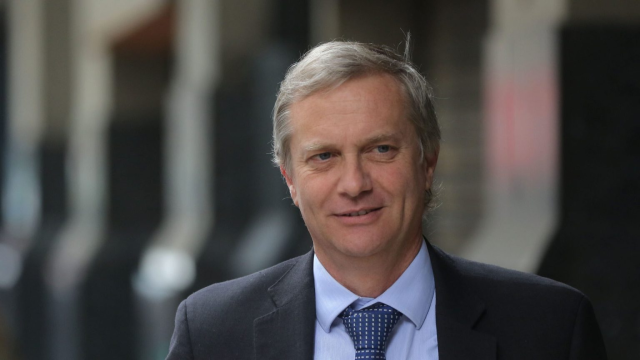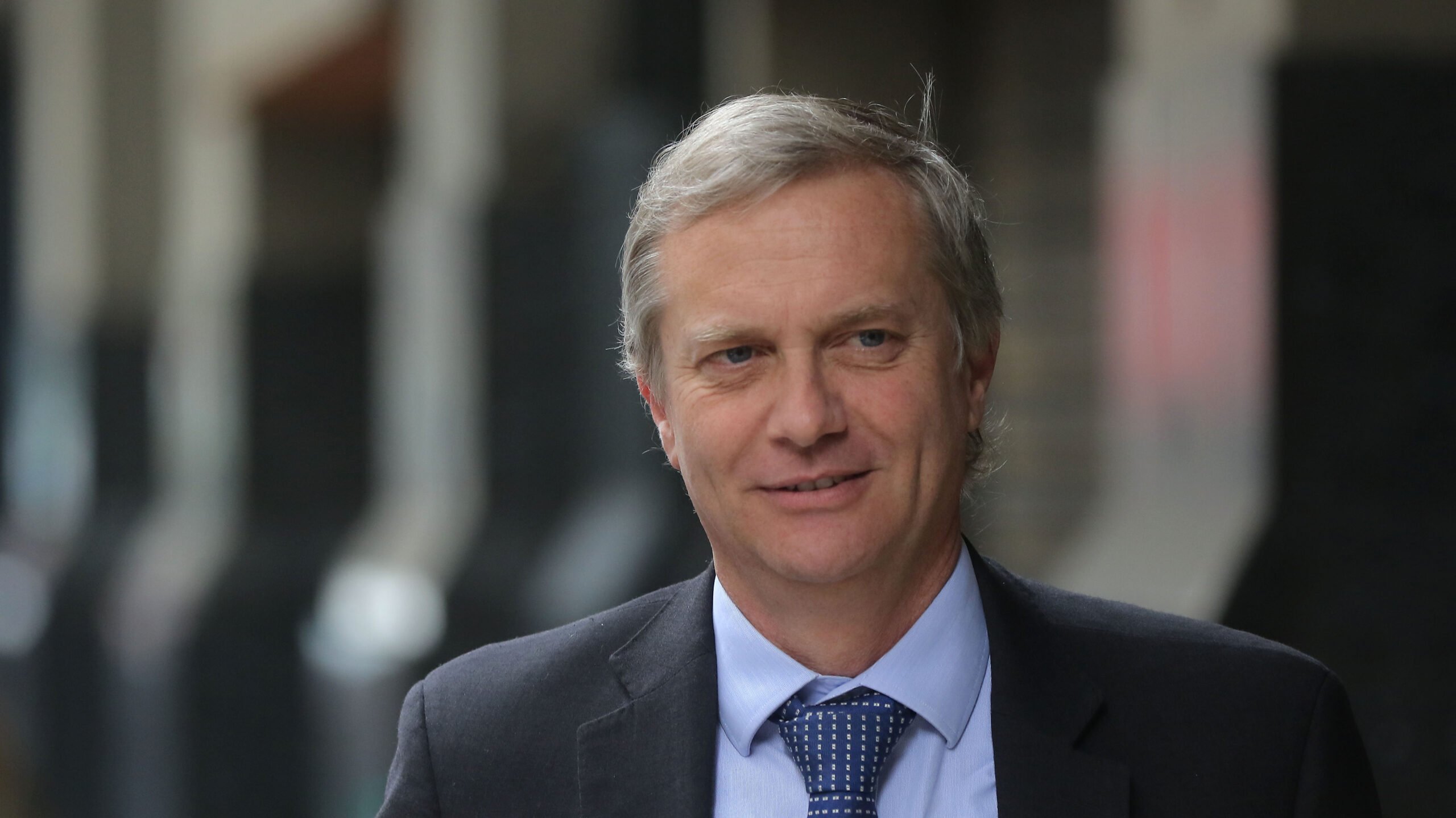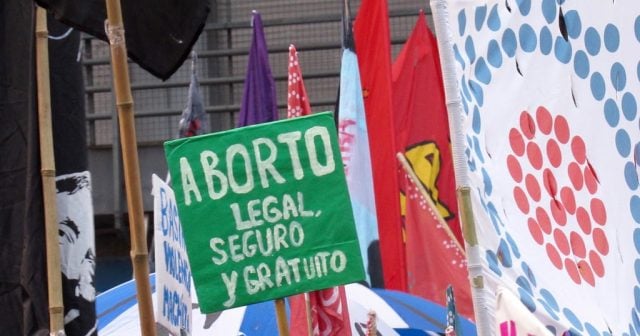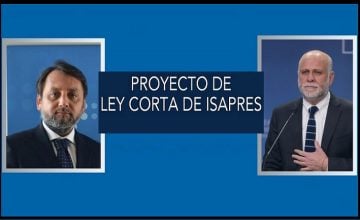The debt calculated by the Superintendency of Health that the ISAPRES should restore to their contributors, for having made «excessive charges» as a consequence of the Supreme Court ruling, is of the order of US$1.4 billion.
Cruz Blanca registers the largest debt with an equivalent of US$349.6 million. In second place, Colmena appears with a debt of US$304.6 million, followed by Banmédica with US$279.5 million, Consalud with a debt of US$250.6 million, Nueva Masvida with US$111.9 million and Vida Tres with a debt of US$94.1 million. In the case of the ISAPRES Fundación, Isalud and Esencial, the relationship between debt and equity is more equivalent or the equity is greater than the debt.
Likewise, it is worth mentioning that through a document sent on March 28 to the Senate Health Commission, Clinics of Chile reported that the total debt of the ISAPRES with their sector amounted to $507,057 million at the end of 2022, with Colmena, Consalud and Cruz Blanca leading that bulky debt.
There is, of course, a public figure who has constantly stood out for his staunch defense of these institutions that have trampled on the dignity and pockets of millions of Chilean men and women… I am referring to the far-right and leader of the Republican Party, José Antonio Kast. Next, we will briefly review the collusion of this politician with these large debtor entities.
In October 2014, the Penta Case broke out, one of the most controversial cases of tax fraud and bribery in Chile in the 2010s, which involved multiple politicians, especially from the Independent Democratic Union (Unión Demócrata Independiente UDI), when they were accused of irregular financing of their electoral campaigns and of accepting ideologically false ballots. In the middle of this, the main plaintiff in the case, former manager Hugo Bravo, who drew up a list of politicians involved in the crime, included José Antonio Kast. Bravo affirmed that when Kast was a UDI deputy, he personally went to his office to request financial support, for which Carlos Alberto Délano (formalized in this case) offered him a sum of $10 million in exchange for fee receipts, of which Bravo affirmed that Kast, like other parliamentarians, used the money to illegally finance his campaign for re-election as deputy, in the 2013 parliamentary elections. Faced with these accusations, Kast declared in an interview with CIPER that he never received illegal financing, and that he never personally met Hugo Bravo. He also declared that he knew those who financed his parliamentary campaign, also pointing out that Penta financed it through Banmédica, and that this was done legally; even so, he did not know the exact amount of money he received from Penta. Kast stated that of the $126.6 million spent on his campaign, $94.7 million corresponded to contributions from people who kept themselves private.
Then, in 2015, despite the insistence that he should disqualify himself from a vote in the Chamber of Deputies on the ISAPRES case, he did not.
On September 6, 2017, the then presidential candidate José Antonio Kast, in a new episode of Aquí Está Chile, from CNN Chile, delved into the situation of the national health system; however, when asked if he would make any changes to the ISAPRES system, he responded with a resounding «No».
As of Friday, October 8, 2021, and according to Servel‘s public records, the new presidential candidate of the Republican Party, José Antonio Kast, had received $59,402,767, distributed in 771 contributions with and without advertising.
One of these «patrons» was Héctor Fernando Concha Marambio, who contributed $2 million. It is worth remembering that Concha was president of the board of directors of Banmédica and also manager of the health area of Penta. He is one of those convicted in the ‘very public’ case of political money, since the Prosecutor’s Office confirmed that millionaire payments were made to him with false receipts. In an abbreviated procedure, he was sentenced to 541 days of imprisonment for tax offenses and a fine of close to $190 million.
In the same year, 2021, during his second presidential campaign, Kast made a strategic visit to Washington D.C., where he met with US businessmen with interests in Chile.
Among the most important activities scheduled by the candidate of the Republican Party is the one that took place in the Spanish restaurant «La Taberna del Alabardero», located on 18th street in the northwest of the aforementioned city, just a few steps away from the World Bank headquarters. Among the executives, businessmen and businesswomen who participated in the lunch was María Paulina Uribe, Marketing Manager of PepsiCo, a Colombian national. Uribe’s presence at this table recalls the infamous collaboration of Donald Mcintosh Kendall, former CEO of Pepsi Cola in the 1970s, who held several meetings with the late businessman Agustín Edwards Eastman, as part of the plot to overthrow the government. by Salvador Allende. Another of the select guests at this meeting was Joel Velasco, vice president of Unitedhealth Group, one of the American giants in the health insurance market. The presence of this senior executive is no small fact, considering that since 2018, Unitedhealth Group has owned 96% of the shares of Banmédica, which ensures an important presence in the private health market in Chile, Peru and Colombia. with more than 13 hospitals and 143 medical centers.
Today, the impact of that meeting is especially relevant as UnitedHealth Group‘s interests in health regulation and reform in Chile continue, and its presence at the lunch with Kast underscores the influence that powerful health conglomerates can exert in politics, even more so when we see the mass opposition pressing to save the ISAPRES and, incidentally, harming their affiliates.
Furthermore, Macarena Bravo (Deputy Secretary of the Republican Party) said, in May of this year, on a television debate program that «the government is focusing on its ideology, on ending the ISAPRES». Bravo forgets that what is intended is to execute a decision of a power independent of the State, such as the Judiciary, in addition to the restitution of the money that has been depleted to a huge number of people.
Finally, after reviewing Kast’s actions bordering on the unethical and illegal, it falls under its own weight to point out why the extreme right-wing leader turns his back ‘like a cat’ to defend the ISAPRES, of which he, for years, has been served and, therefore, ends up protecting the looting from the pockets of Chileans… An action that is not at all “patriotic”.
Sigue leyendo:












